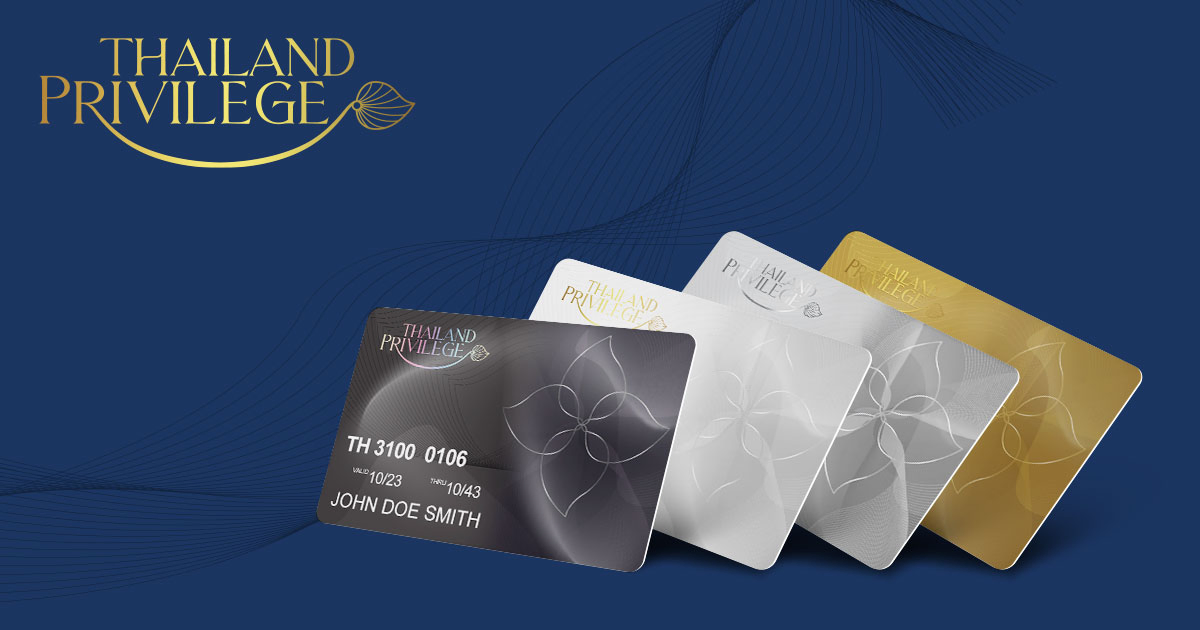Achieving a dispute settlement in a court of law requires navigating complex litigation procedures. Often, the process is long and adversarial.
Chandler MHM Limited’s dispute resolution practice includes an experienced team of local and international practitioners. Among them, practice leader Waree Shinsirikul handles bankruptcy and rehabilitation proceedings as well as commercial litigation, while Nathee Silacharoen advises on labour and employment disputes.
Arbitration
As Thailand continues to thrive on joint public and private investment, and sees a rise in private property purchases, the volume of disputes being referred to court is growing. This has placed an additional strain on an already overburdened judiciary.
The courts are attempting to encourage the use of alternative dispute resolution methods such as arbitration and mediation. Compulsory mediation is available in some cases, including family and employment disputes.
Arbitration differs from mediation in that it is a formal process during which arbitrators judge and decide a case, with the decision being binding on the parties. The process is usually conducted outside of a court proceedings, but can be part of a court-supervised process as well.
The Thai legal system does not provide for discovery procedures in judicial proceedings. However, the judiciary does promote mediation and arbitration, and is working to become more foreign arbitrator friendly. The country is a signatory to the New York Convention, which enables foreign arbitral awards to be enforced in Thailand.
Conciliation
As a country that values good communication, Thai law has a strong bias towards mediation. It is the norm for courts to order parties to attempt conciliation before a trial on any matter.
Conciliation involves meeting with opposing parties in a private room and looking for common ground. Often, this can eliminate misunderstandings based on misinformation or assumptions and lead to an amicable solution that avoids litigation.
Lawsuits are expensive, time-consuming, and stressful for everyone involved. By utilizing conciliation, disputing parties can meet at a convenient time, in a more casual setting, and pay much less than they would filing a lawsuit.
Watson Farley & Williams Thailand has an experienced team led by partners Ratthakarn Boonnua and Kay Kian Tan to handle arbitration, litigation, and conciliation matters for clients across a range of industry sectors. In addition to domestic and cross-border disputes, the team has a strong track record of handling complex international arbitrations involving power and energy projects, shipping mandates, and insurance claims.
Pre-litigation Mediation
If your dispute relates to an international business transaction, you may be interested in mediation as an alternative resolution option to litigation. Litigation can be expensive and time consuming. A successful mediation can result in an enforceable settlement agreement that is binding on the parties.
In Thailand, the court system has an extensive list of specialised courts that have jurisdictional power to rule on certain types of disputes. These include the Intellectual Property and International Trade Court, the Labor Court, the Tax Court, and the Bankruptcy Court.
The courts encourage parties to mediate their disputes at any stage of the judicial process. The court may appoint its own conciliator or a mediator from outside the court system. The conciliation proceedings are conducted in secret, and the media is barred from the room. However, the conciliator will not discourage the presence of the parties’ attorneys and the use of caucuses with individual parties to discuss issues.
Court-supervised Mediation
In line with its culture and wider Thai society, the court encourages out-of-court mediation, including conciliation, irrespective of whether a plaint has been filed or during the litigation process. The court can order the parties to participate in a conciliation if the judge deems it appropriate or upon request of the disputing parties.
The courts have a list of conciliators, who are judges, legal professionals or retired civil servants. However, parties can also choose private mediators from a pool of trained and experienced ones who come from various professional fields such as lawyers, former judges, entrepreneur or recognized persons.
The tribunal may consist of one or three arbitrators depending on the agreement of the disputing parties. Before the commencement of conciliation, the tribunal will give both sides a list of potential arbitrators and they will have fifteen days to remove the names they do not prefer and add those they do. The tribunal will then designate the final arbitrator.








0 thoughts on “Dispute Resolution in Thailand”